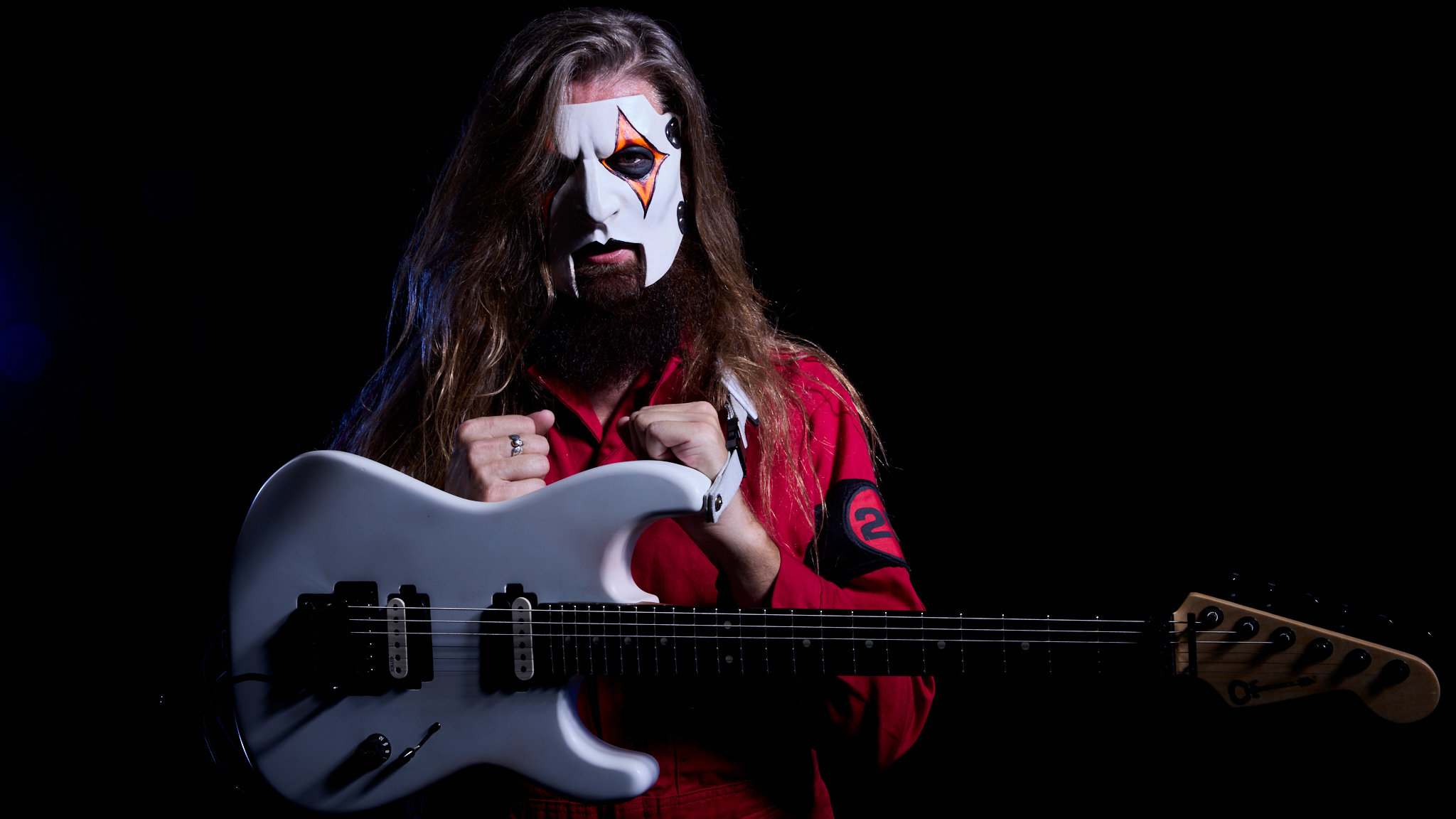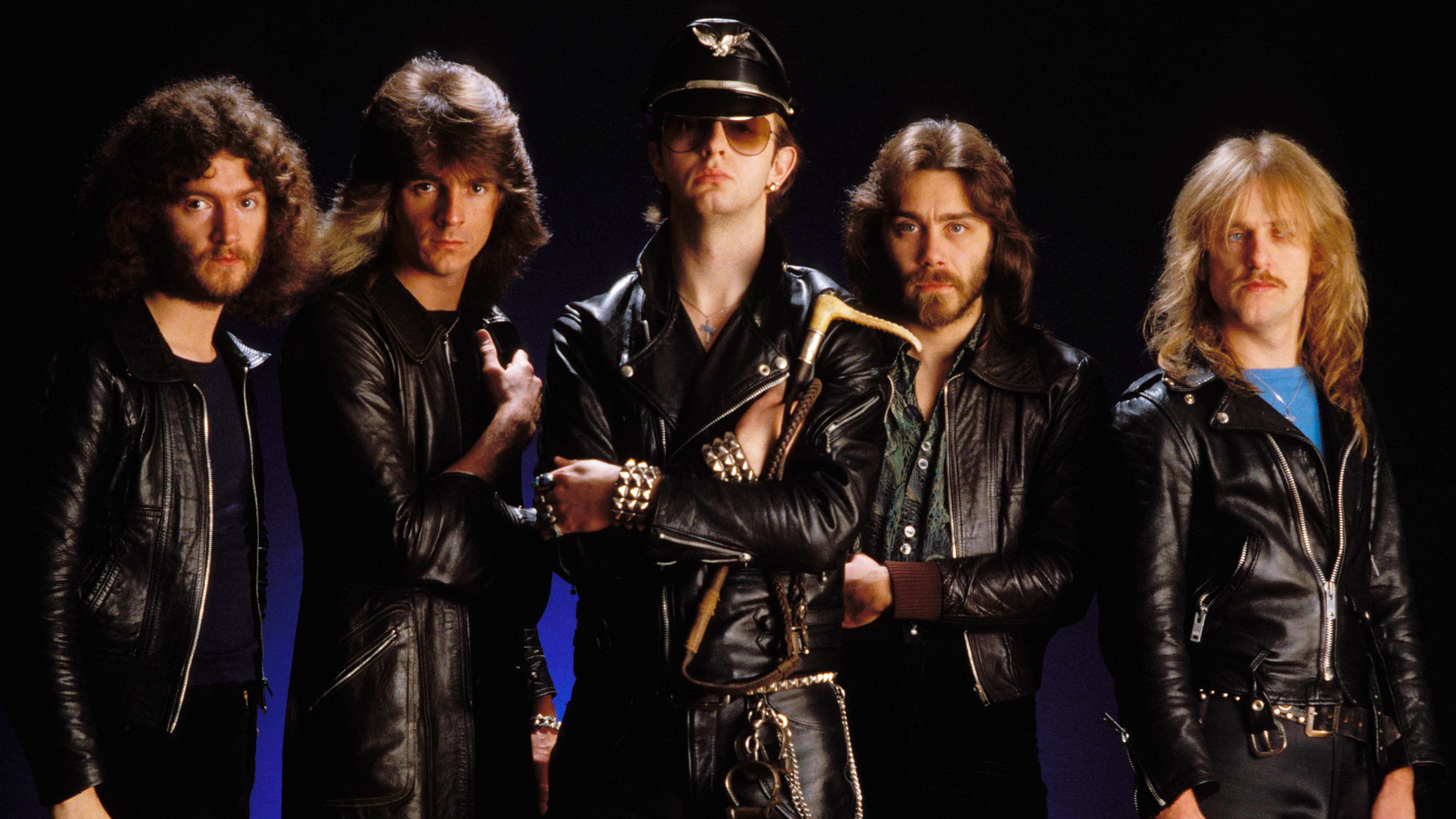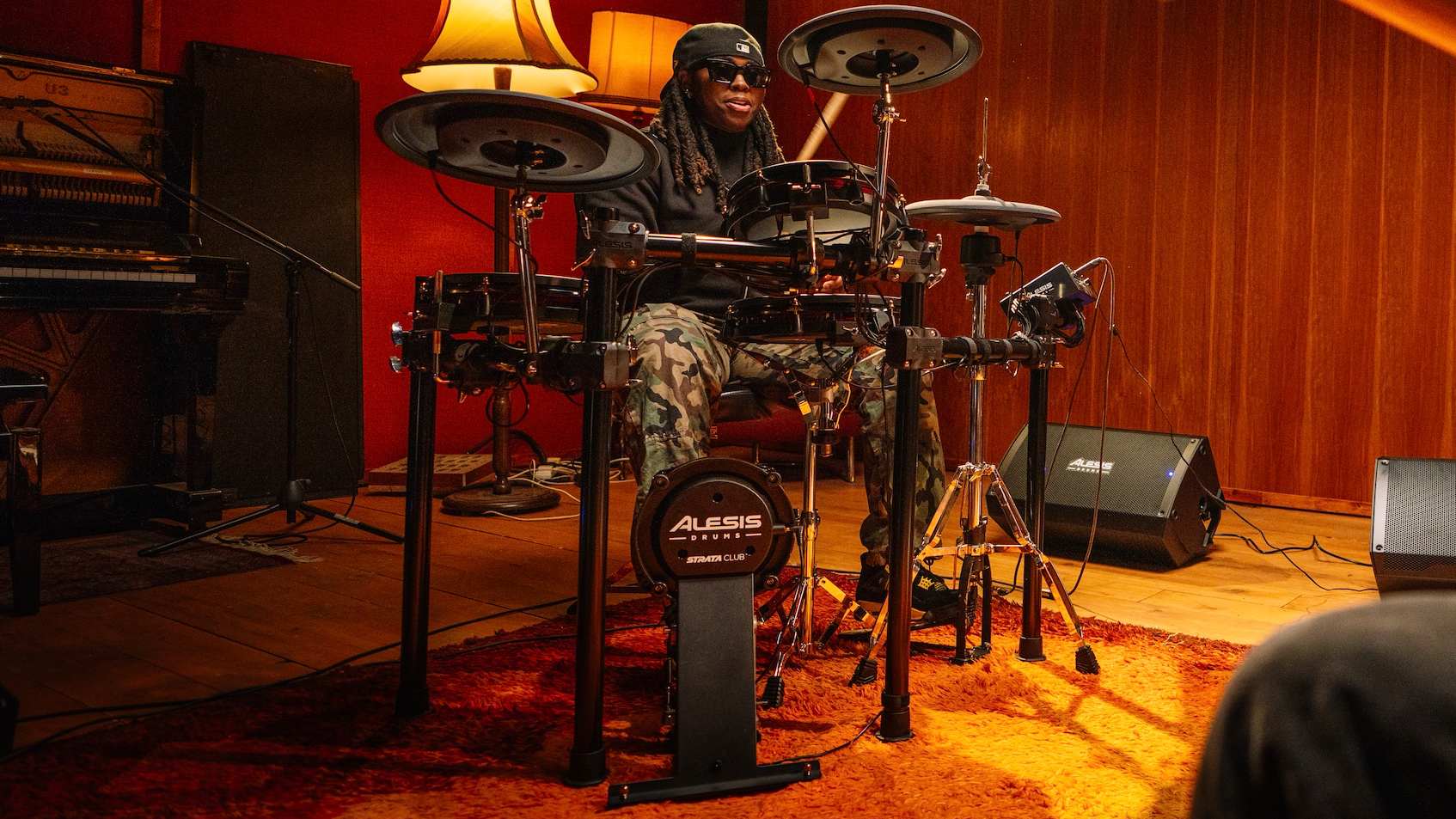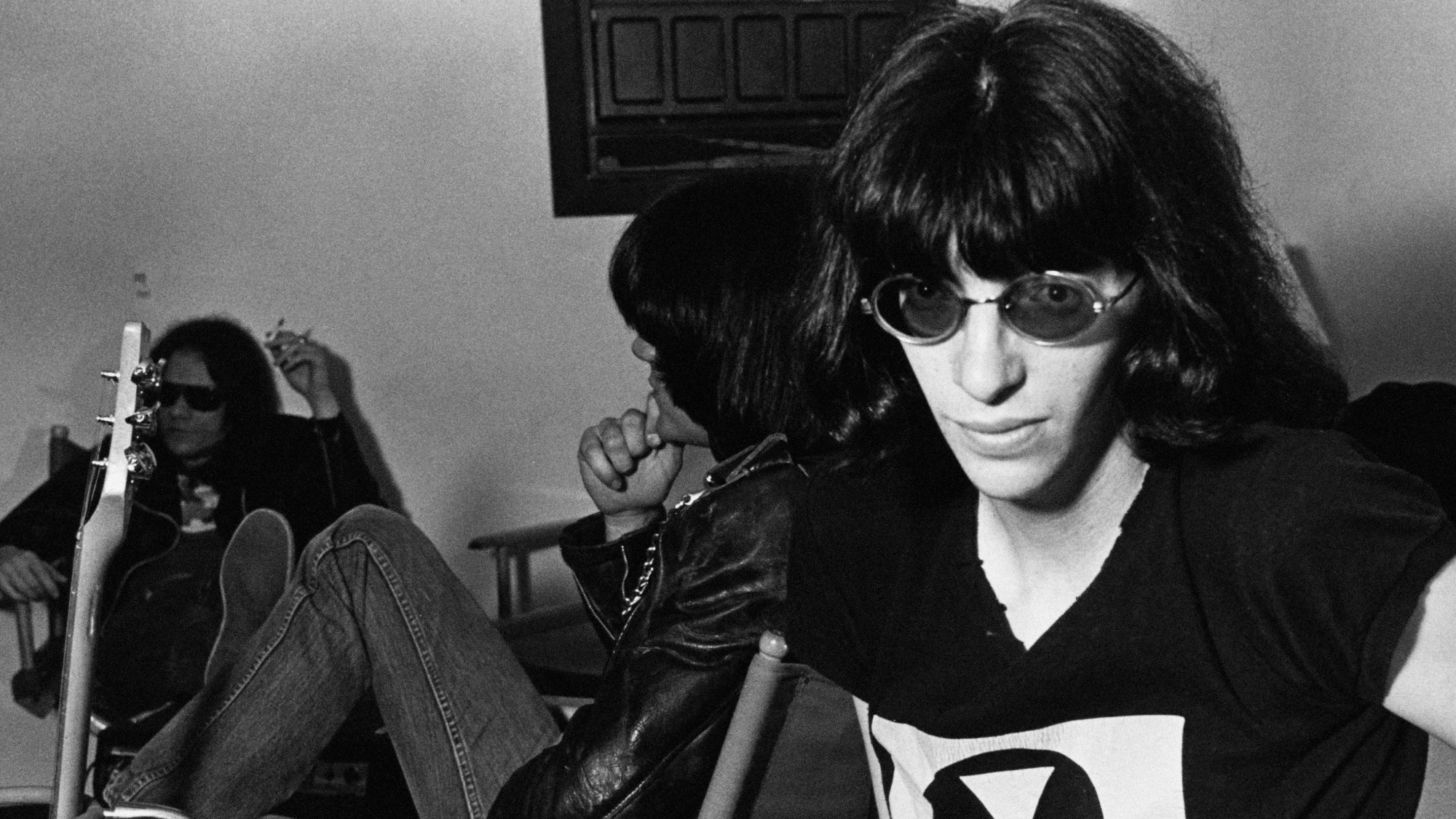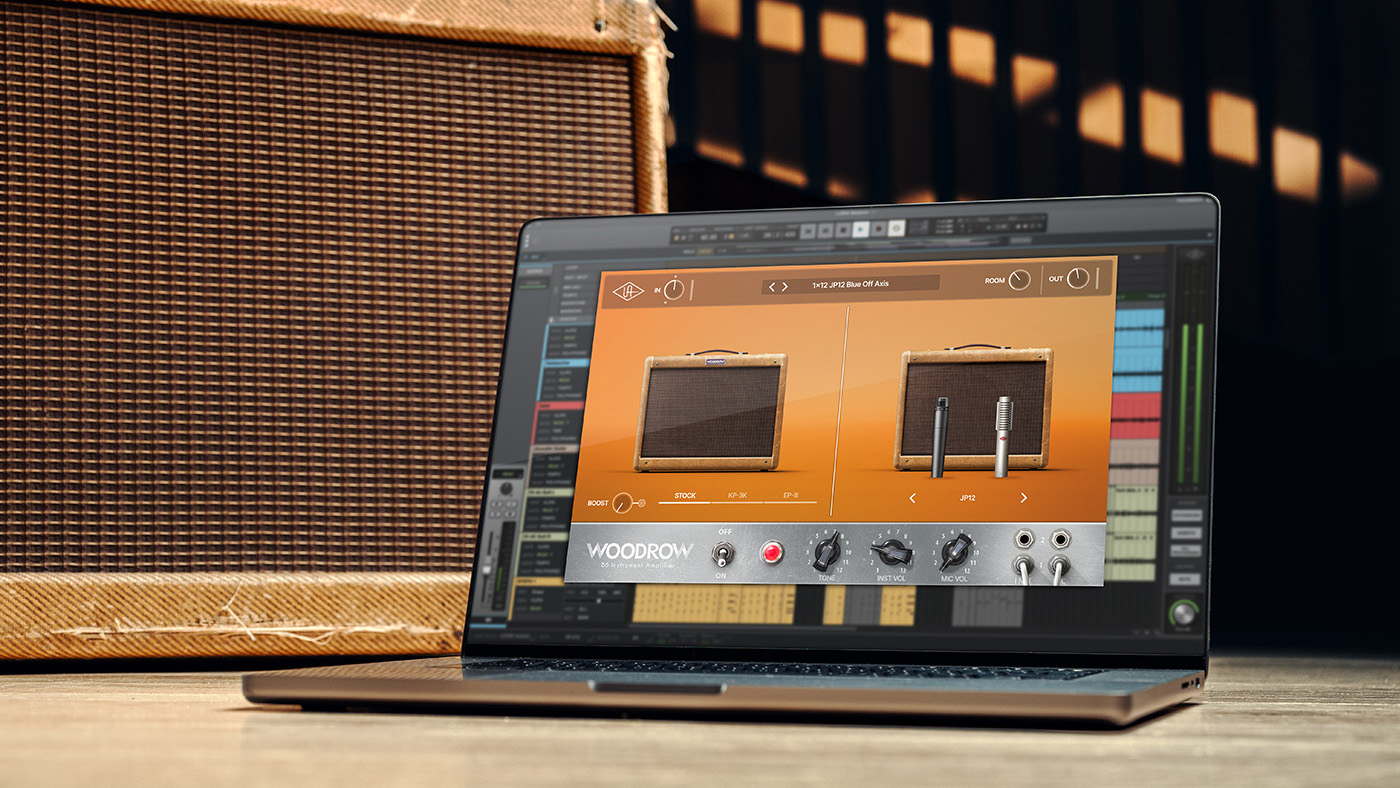Lucy Spraggan: “Some people write diaries or journals. I just turn it into a song”
The songwriter and career contrarian talks storytelling, stigmas and sticking to her guns
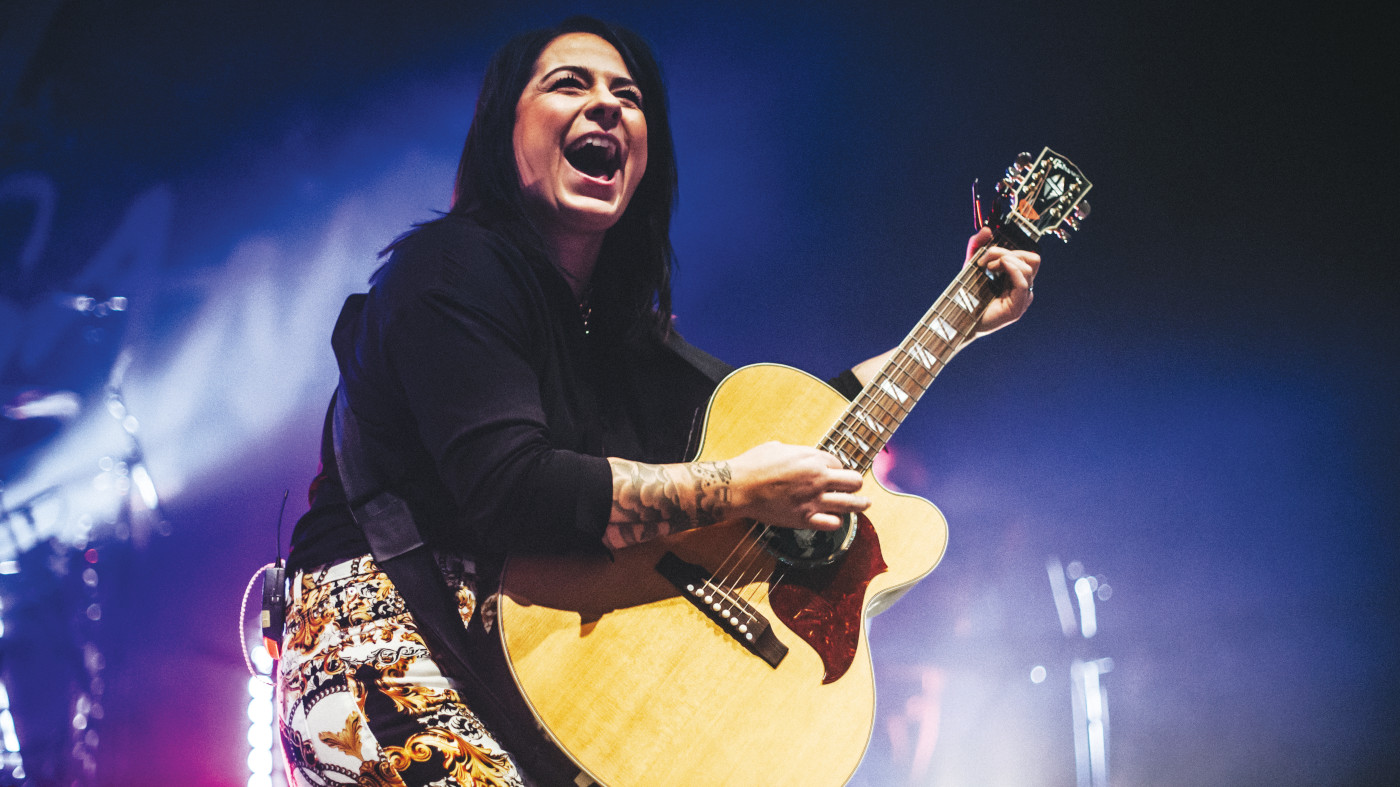
For perhaps the first time ever, at least in her professional life, Lucy Spraggan is feeling some sense of contentment.
After her appearance on X Factor in 2012 the Buxton-born songwriter found a reputation built playing five nights a week was quickly erased by the Cinderella-seeking publicity juggernaut surrounding the show.
Now residing away from the majors, on Cooking Vinyl, her new record Today Was A Good Day is imbued with a palpable sense of celebration and liberation. The twist, however, is that having worked so hard to reestablish her authenticity, Lucy has chosen this point to make a record of hyper-infectious pop bangers - albeit guitar-centric ones.
I’m an artist that’s been playing shows since I was 12 and writing songs since I was even younger
“It’s funny,” she says. “I could have gone down that ‘internal music’ rabbit hole and I really didn’t want to do that. So it’s kind of ironic that probably the biggest pop record I’ve made has come when I’ve escaped the rat race and I’m doing things I want to do. I’ve made the record, probably, that Sony wanted. ‘Fuck ’em,’ basically! I didn’t do it on purpose, but I might start telling people I did...”
That bold and amusingly contrarian nature has been key to Lucy’s path through the music industry. It’s an attitude we can imagine major label execs found infuriating, but it is - essentially and endearingly - key to her craft.
“There’s been a lot of doing things people have told me not to do,” she acknowledges.
“It’s been really difficult because I’m an artist that’s been playing shows since I was 12 and writing songs since I was even younger. Then I went on The X Factor thinking I could be the one that didn’t have the stigma; that people would think, ‘There’s a credible artist’. But that stigma is too hard to unstick.
Get the MusicRadar Newsletter
Want all the hottest music and gear news, reviews, deals, features and more, direct to your inbox? Sign up here.
“I was encouraged so much to go and do the [gossip] magazines and go on I’m A Celeb... and go and do Dancing On Ice. And I was just like, ‘I really, really just want to do music.’.= I feel like I really stuck to my guns on that and that’s something that I’m quite proud of.”
Backbone
In the process, Lucy has forged a back catalogue of songs across five albums that combine personal tales, humour and honesty. It all starts with just her voice and an acoustic guitar.
“It is the backbone,” says Lucy. “The acoustic and the piano. Especially this record. I hadn’t realised it until I listened to the album fully mastered, but I was like, ‘Shit, this is a guitar album.’ Most of it started on the acoustic and that’s my go-to every time I play.”
Some people write diaries or journals. I just turn it into a song
A Gibson J-185 in rosewood is her current go-to, but Lucy says there’s also a £50 “charity shop guitar” all over Today Was A Good Day.
“It shouldn’t sound good,” she says. “Connie’s Bar is a guitar-led song and that’s played on that. The action was a little bit high but it just has a tone. I love things like that, things that you look at and go: ‘That’s going to be shit!’. And then you play it and you’re like, ‘Woah!’”
Connie’s Bar is a strummer with a tale, so a good example of Lucy’s approach to lyrical story-telling, too - a technique developed listening to the likes of Don McLean, Kenny Rogers and Kirsty MacColl.
“That was this time in North Florida,” explains Lucy of its origin.
“My friend went, ‘Go and get a burger in that bar.’ We went and it was this properly scary biker bar. This tiny woman, Connie, was behind the bar but she was like, ‘Don’t worry about these pussies!’ to these guys with all these scars on their faces and tattoos and she just told us her story. I literally left there and wrote Connie’s Bar straightaway.
“Funny story: she heard the song and sent me a letter saying she loved it. She signed it off: ‘Gotta go, the paparazzis are up my ass!’”
These characters and situations seem to find Lucy. “I just feel like that’s what I do,” she says. “Some people write diaries or journals. I just turn it into a song. It’s all experiences. If you stuck me in a white room, I’d be like, ‘Well, there’s not going to be an album!’.”
We can’t imagine her allowing a situation like that to occur. Her entire career seems to have been based on doing the opposite of what people tell her.
“Just keep doing whatever it is that you do,” is Lucy’s advice. “If you notice that your audience - even if it’s seven people - if they like that, then keep doing it and believing in what you do.
“In this industry, it’s so easy to be polluted, like ink dropping into a glass of water. It’s so easy to let them in and I did for a long time, but now I’ve found my own stride and my own way of working. I wish someone had told me that at the beginning: to just keep on doing what you love doing and, eventually, that will work out.”

In-depth
Why Lucy favours a bigger-bodied build
“I feel like Gibson has got the edge,” says Lucy of her acoustic choice, the J-185. “The acoustic guitars, especially. I’m also a massive fan of Freshman - I played the FA500 DCE for a really long time and that actually contended with the Gibson for me.
“It’s the feel and the body that I look for. That depth. I always play dreadnought guitars - and they look massive on me. Most of them are as tall as me - but I think it’s that depth that the full body gives. And, tonally, the Gibsons are really versatile - whether you’re picking or strumming, it’s really resonating.”
Matt is a freelance journalist who has spent the last decade interviewing musicians for the likes of Total Guitar, Guitarist, Guitar World, MusicRadar, NME.com, DJ Mag and Electronic Sound. In 2020, he launched CreativeMoney.co.uk, which aims to share the ideas that make creative lifestyles more sustainable. He plays guitar, but should not be allowed near your delay pedals.
“For some reason, the post office shipped your guitar to Jim Root of Slipknot”: Sweetwater mailed a metal fan's Jackson guitar to a metal legend
"No one phoned me. They never contacted me and I thought, 'Well, I'm not going to bother contacting them either'": Ex-Judas Priest drummer Les Binks has died aged 73






